The experience of overcoming challenges for the safety of journalists and sustainability of the media gained during the two years of the full-scale Russian-Ukrainian war was discussed during an international expert discussion held on February 15 at the initiative of the National Union of Journalists of Ukraine (NUJU) and the Ministry of Culture and Information Policy of Ukraine under the patronage of the National Commission of Ukraine for UNESCO.
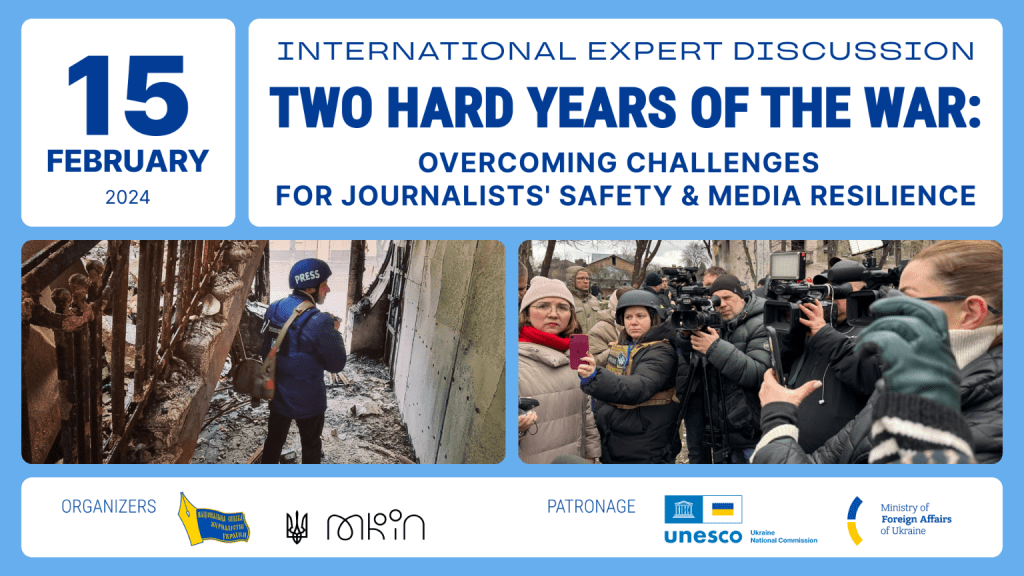
The expert discussion, held at the NUJU’s head office, brought together influential representatives of the government, international organizations, and the media industry and created a fruitful platform to discuss current issues of journalism and media.
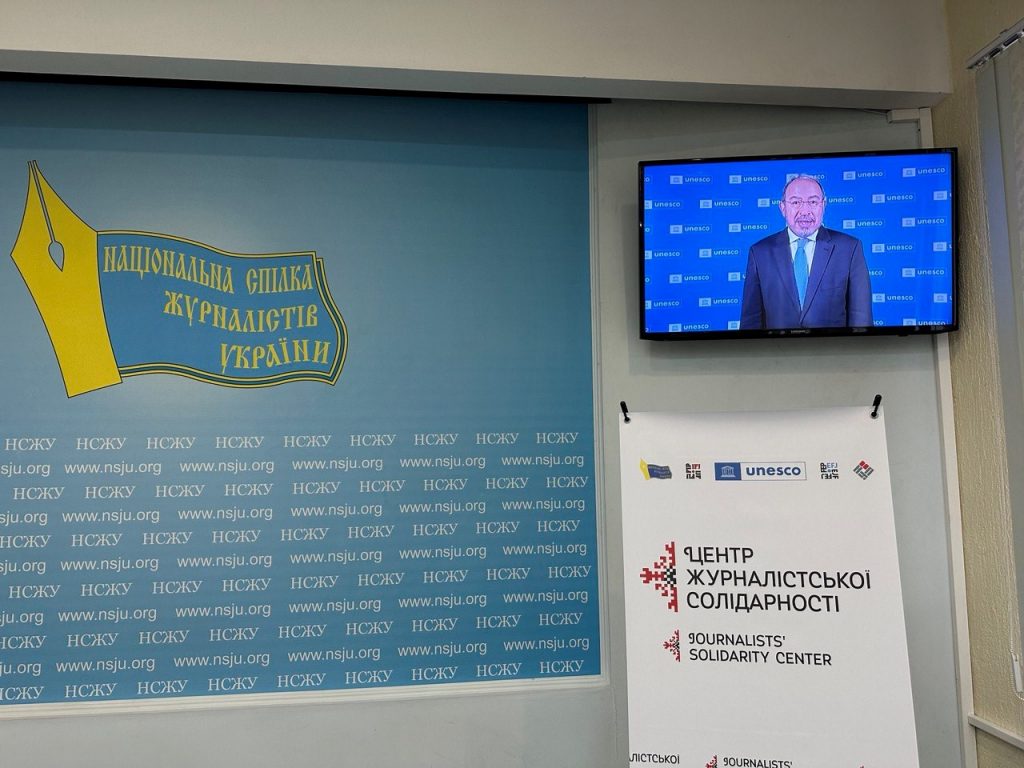
“UNESCO has documented and condemned the killings of 14 journalists and media workers in the line of duty during this this war. Beyond those who have made the ultimate sacrifice, numerous journalists have suffered injuries, abduction and arrest over the past two years. They operate under immense pressures, facing physical violence, psychological trauma and economic instability,” UNESCO Assistant Director-General Tawfik Jelassi emphasized in his video address to the participants in the discussion. “ In moments like these, we are reminded of the indispensable role journalists play in documenting and disseminating truth, even amidst adversity. Today, I stand solidarity with journalists who persistently uphold the principles of a free and independent media. This war has been a stark reminder of the dangers journalists confront in conflict zones. They risk their lives to ensure the world is informed about the realities on the ground. Their commitment to truth-telling is commendable and merits utmost respect.“
“Journalists are a key factor in the existence of any democracy. But in a country that is at war and needs international assistance, truthful coverage of war events is necessary for the very survival of the state. In addition, the preservation of freedom of speech is extremely important in Ukraine and view of its status as a candidate member of the European Union,” stated Taras Shevchenko, Deputy Minister of Culture and Information Policy of Ukraine.
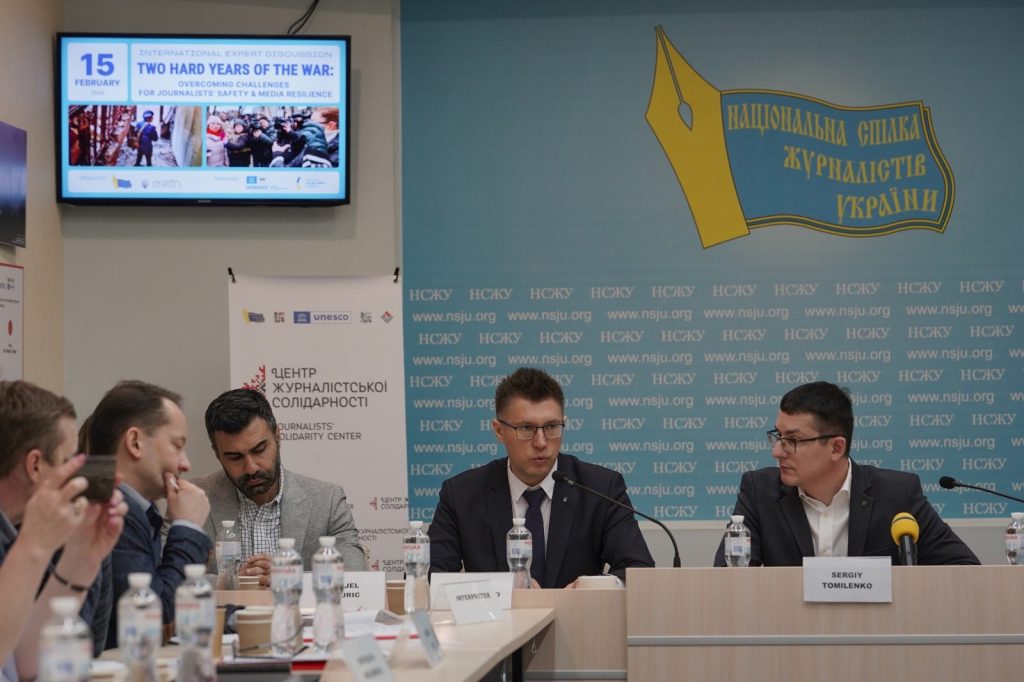
He emphasized the importance of the safety of journalists, which is one of the strategic goals of the country’s security. The deputy minister drew attention to the importance of all media – from national to local media.
“It seemed that the role of newspapers and print media has already significantly decreased, in particular with Telegram channels reaching the first place in terms of the interest of news consumers. But, perhaps unexpectedly for everyone, the role of newspapers has increased again in the de-occupied territories, where at a time when there is no electricity, let alone any other means of communication, it is possible to deliver a printed newspaper. And a traditional, reliable printed newspaper is a guarantee of informing people. Thanks to all those responsible for newspaper publishing,” Taras Shevchenko emphasized.
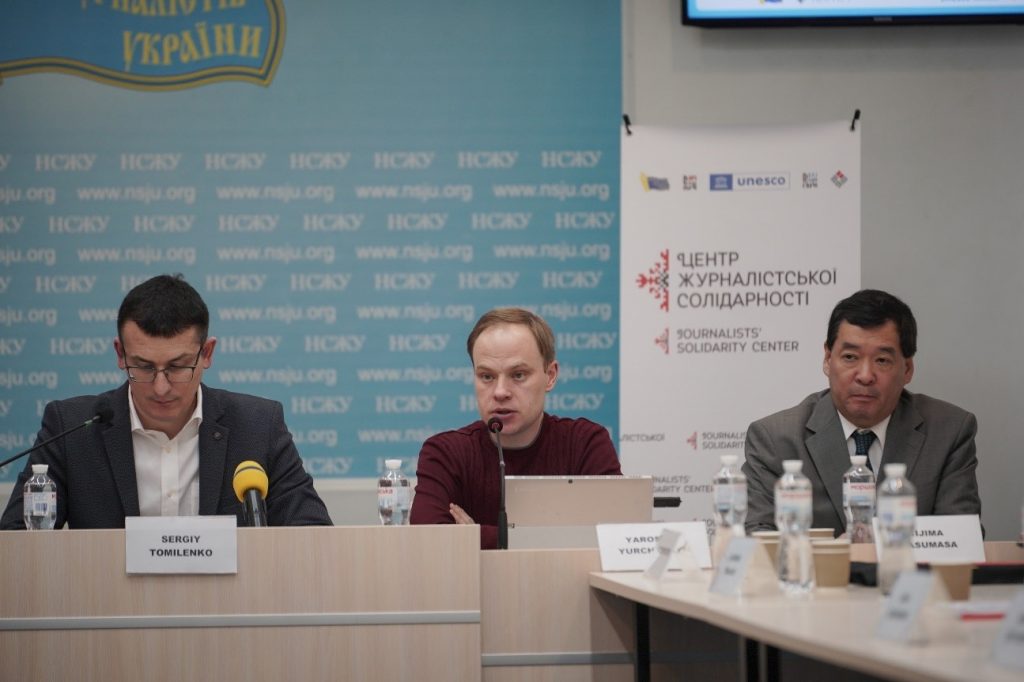
Yaroslav Yurchyshyn, the head of the Committee on Freedom of Speech of the Verkhovna Rada of Ukraine, emphasized the fact that journalists are at the forefront of Ukraine’s information protection and, therefore, unfortunately, suffer great losses – they die, lose health and property, and are taken hostage by the enemy. He drew attention to the importance of the release of media workers who are illegally held captive by the Kremlin.
After conveying congratulations from the Head of the UNESCO Desk in Ukraine, Chiara Dezzi Bardeschi, the Project Coordinator of the UNESCO Desk in Ukraine, Danjiel Cuturic, emphasized the significant contribution of UNESCO to the support of Ukrainian journalists since the beginning of the full-scale Russian aggression.
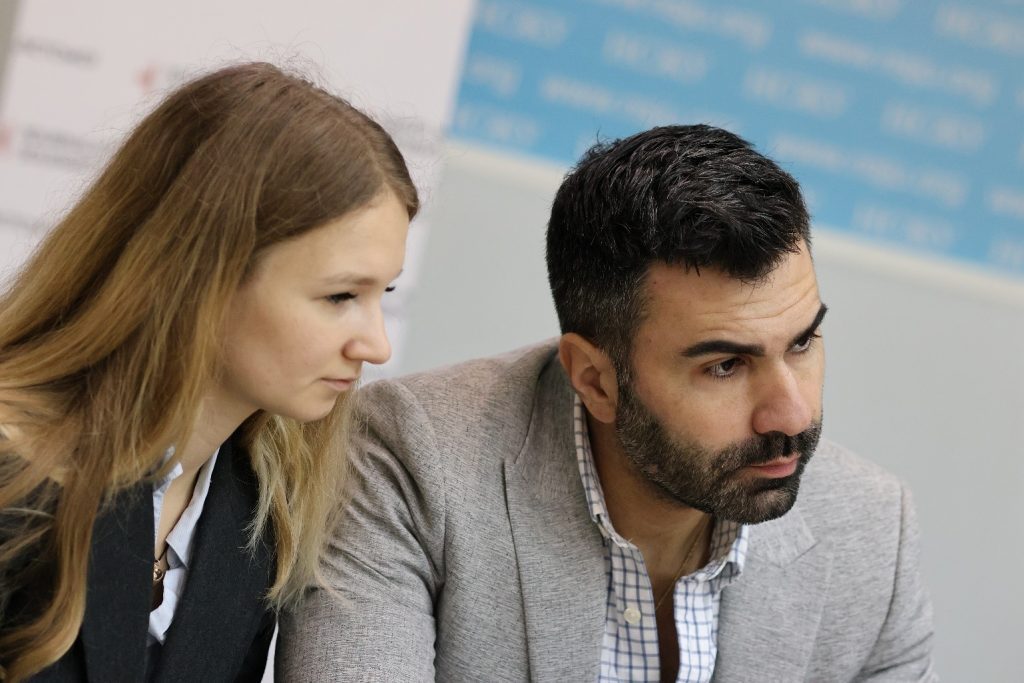
“Unacceptably many journalists during this time were forced to pay the highest price – their lives – for the right to do their work. Many others suffered various forms of cruelty and violence. The pressure under which journalists work in the war is increasing. The risks of physical violence are compounded by psychological pressure as well as economic difficulties. UNESCO, together with our partners – NUJU, international journalistic organizations, as well as the Japanese government, were able to effectively support Ukrainian journalists. Almost 2,000 journalists received support through training, and about a hundred newsrooms received material and financial support. A total of 360 journalists received urgent financial support, and 65 journalists underwent photo documentation training events. We supported the Union in the creation of Journalists’ Solidarity Centers, supported the Commission on Journalistic Ethics, and we are also conducting research on the safety of journalists,” he said.
Daniel Cuturic emphasized that UNESCO believes that the provided assistance will help the Ukrainian media sector to continue creating and disseminating extremely important information that, in the literal sense of the word, saves lives.
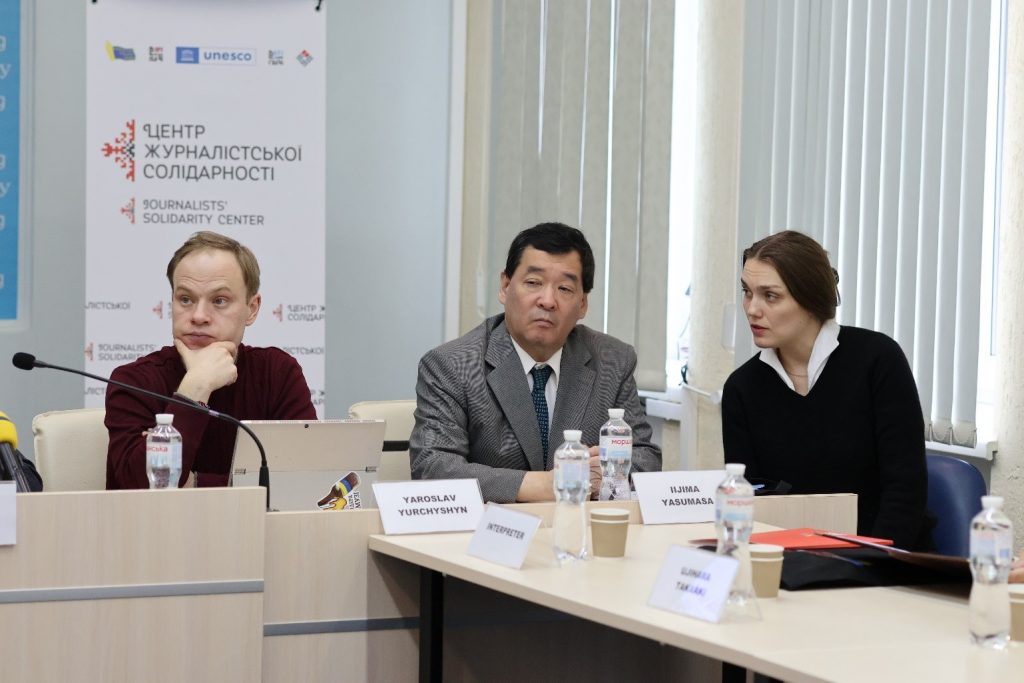
Senior Chargé d’Affaires of the Embassy of Japan in Ukraine, Iijima Yasumasa, and the First Secretary of the Embassy of Japan in Ukraine, Ujihara Takaaki, emphasized the importance of the work done by the journalistic community and expressed Japan’s readiness to continue supporting Ukrainian media.
The event was attended by journalists, media experts, and coordinators of the NUJU’s Journalists’ Solidarity Centers.
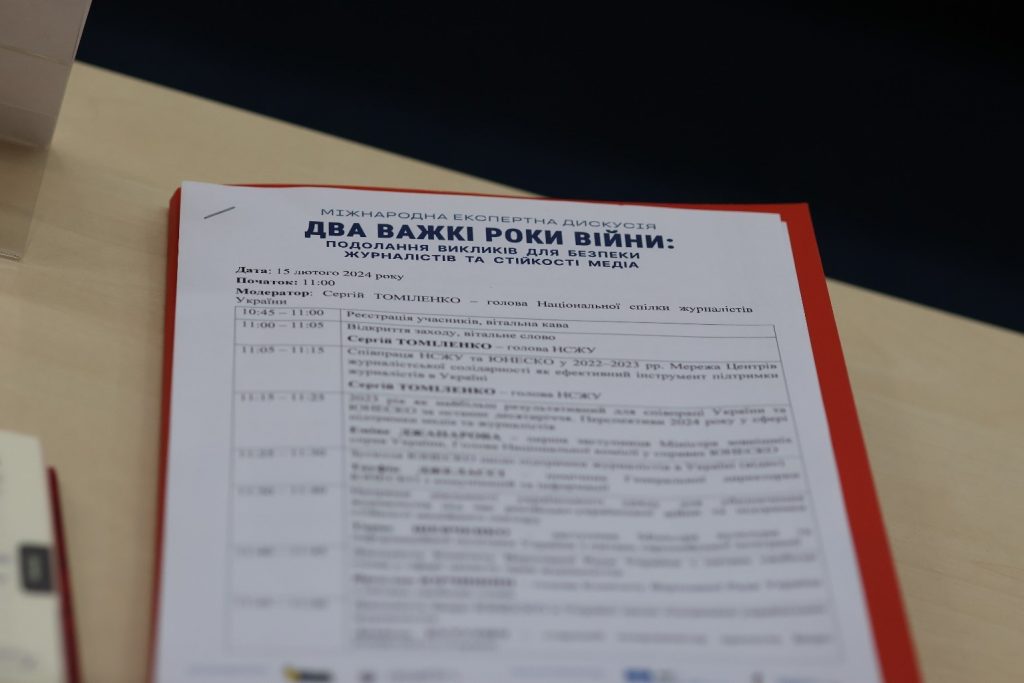
“Unfortunately, today there is no safety in Ukraine for anyone – neither the military nor civilians, including journalists,” said war correspondent / Channel 24 correspondent / coordinator of the NUJU’s Kharkiv Journalists’ Solidarity Centers, Hanna Chernenko, at the discussion. “During the war, journalists, both Ukrainian and foreign, who come to work in Ukraine, unfortunately, become targets for the enemy. I am very grateful to the journalists who, realizing this, work in dangerous zones. I thank those who evacuated and still work for their audience, who works, despite broken, looted newsrooms…”
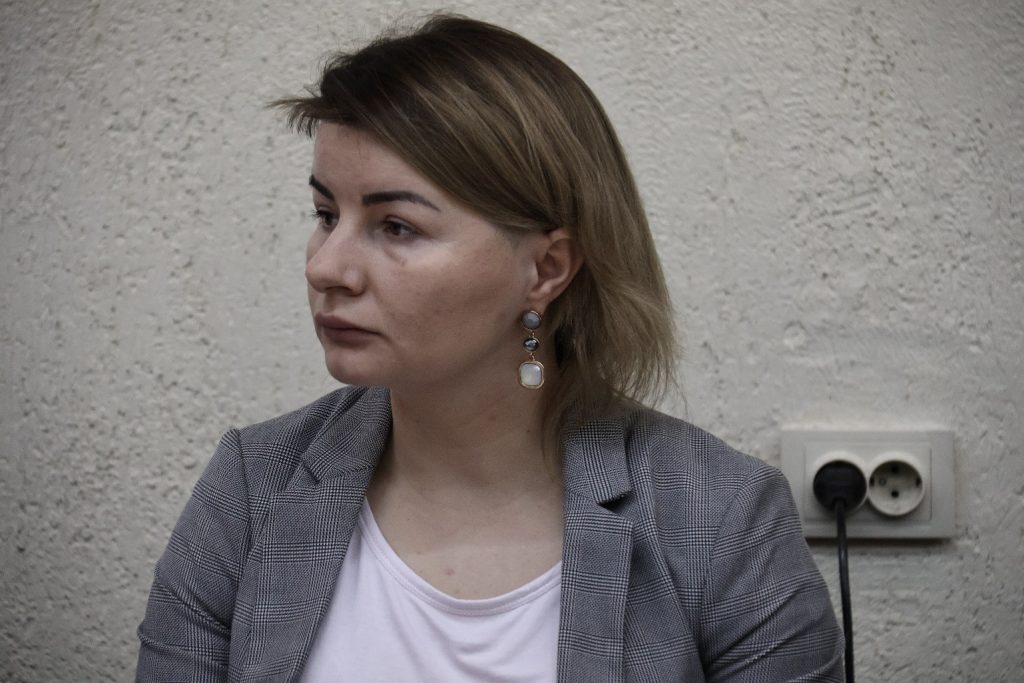
An important part of the expert meeting was the presentation of the report and recommendations on the state of safety of journalists in the conditions of the Russian invasion by the representative of the London organization, Justice for Journalists Foundation, Serhii Huz.
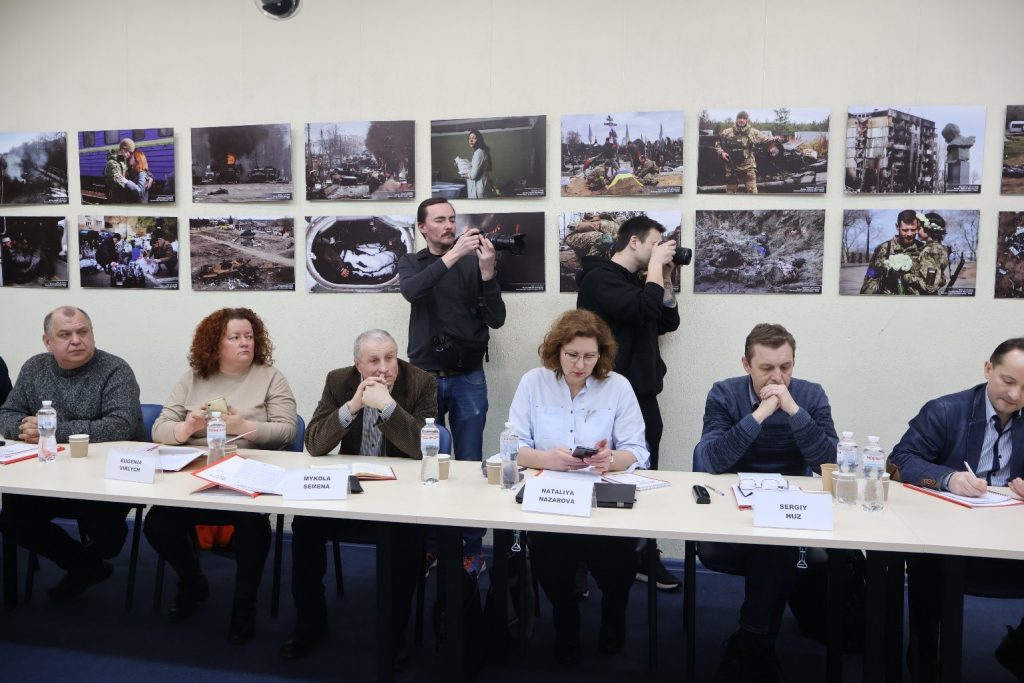
As the President of the NUJU, Sergiy Tomilenko, noted, in the conditions of war, the Union provides a large number of services to support journalists and media newsrooms.
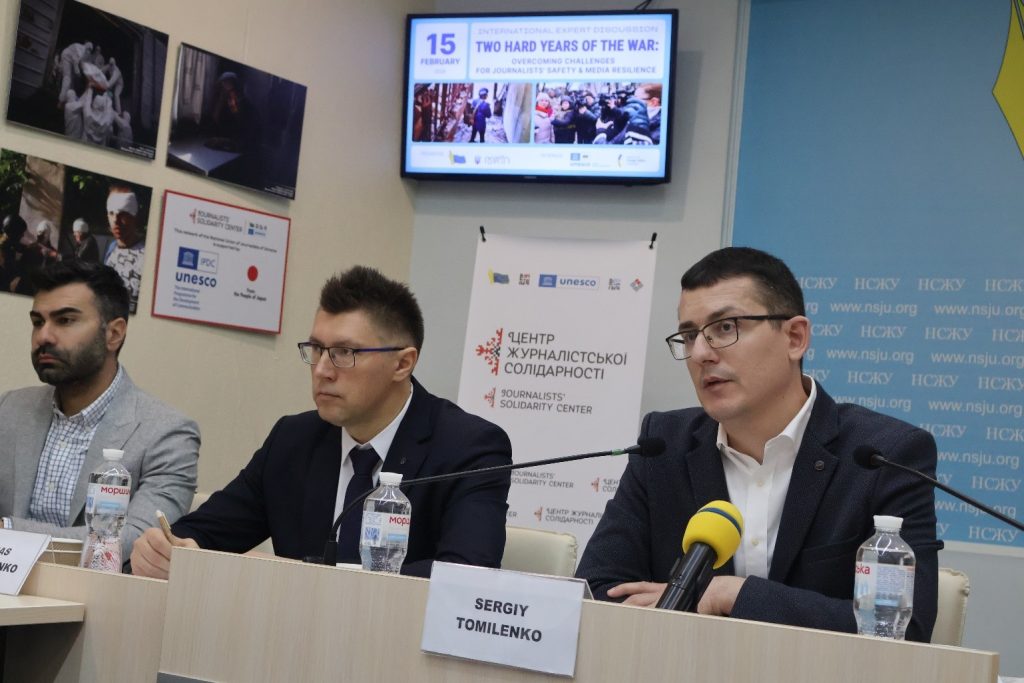
“The assistance includes training sessions on safety and emergency first aid, emergency grants to colleagues who are in trouble (injured, lost housing or property), and rental of safety equipment, and much more,” he said. “Providing help through the network of the Journalists’ Solidarity Centers that we have created, we never ask whether a person is a member of the NUJU – the main thing is that they are a media person. We express our great gratitude to the headquarters of UNESCO, the International and European Federations of Journalists, and our other partners in many countries of the world, thanks to which we can provide effective support to colleagues who are in trouble. The National Union of Journalists of Ukraine and a number of other public organizations are still making a lot of efforts to attract donor funds to support Ukrainian media. We hope that despite the fact that the war is going on, our international partners will continue to support the Ukrainian media industry because there is no democracy without the media and journalists.”
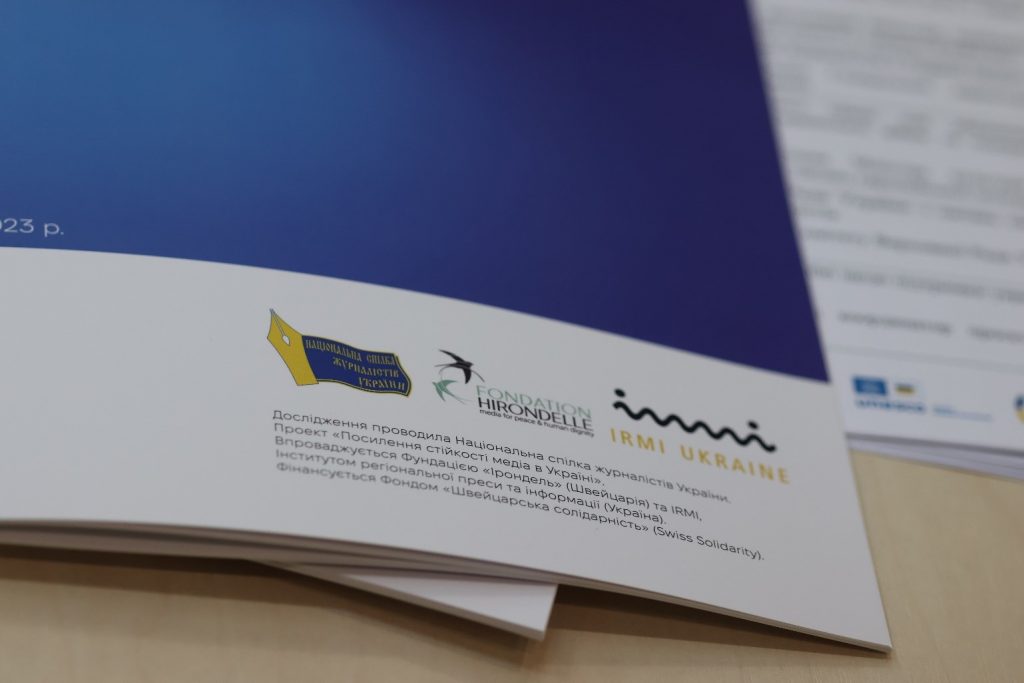
As part of the discussion, a roundtable titled Restoring and Ensuring Sustainability of the Media in the De-Occupied and Front-Line Territories was also held. The event was supported by the project called Strengthening The Sustainability Of The Media In Ukraine implemented by the Fondation Hirondelle (Switzerland) and the International Institute for Regional Media and Information (IRMI, Ukraine).
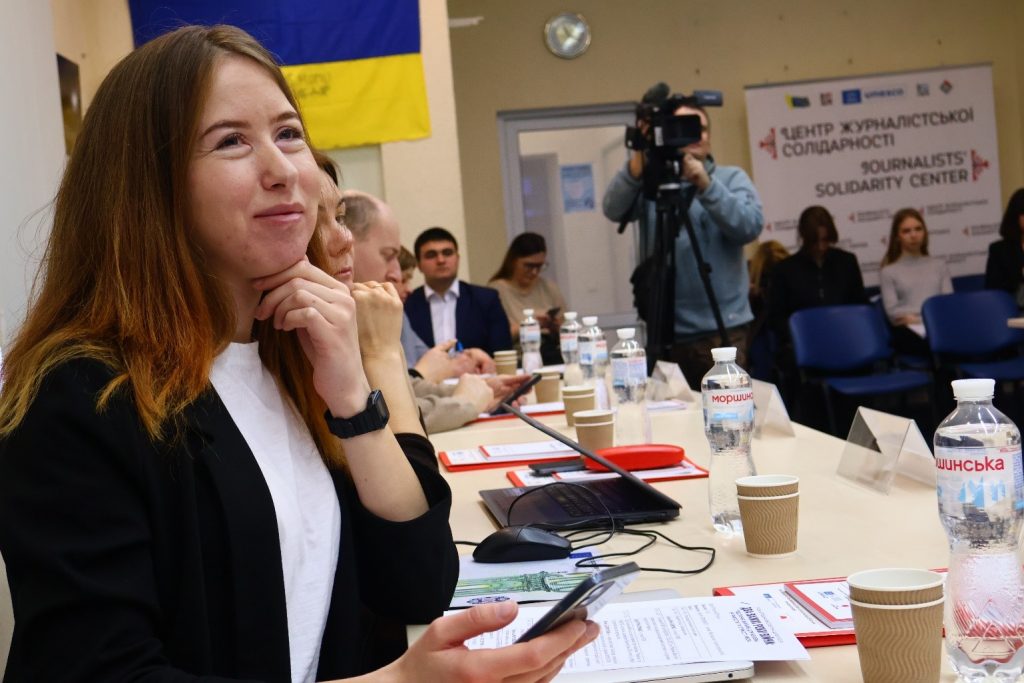
The participants in the international discussion were Bohdan Chervak (First Deputy Chair of the State Committee of Television and Radio Broadcasting of Ukraine), Anton Skyba (photojournalist of the Canadian newspaper The Globe and Mail/consultant of the 2402 Foundation, HEFAT), Mykola Semena (Crimea Realities journalist / NUJU Secretary), Vitalii Holubev (media expert / NUJU Secretary), Nataliya Nazarova (coordinator of the Dnipro Journalists’ Solidarity Center), Dariya Zyrianova (TV operator of the national We Are Ukraine TV channel/assistant of the Zaporizhzhia Journalists’ Solidarity Center), Oleksii Pasiuha (editor-in-chief of the Vorskla newspaper, Sumy Region), Olha Bohlevska (freelancer from the city of Zaporizhzhia), Maksym Zabielia (editor-in-chief of the Ridne Misto newspaper, Donetsk Region), Yevheniya Virlych (editor-in-chief of the Kavun.City news site, Kherson), and Oleksandr Motsnyi (editor-in-chief of the Peremoha newspaper, Sumy Region)
NUJU Information Service

 THE NATIONAL UNION OF
JOURNALISTS OF UKRAINE
THE NATIONAL UNION OF
JOURNALISTS OF UKRAINE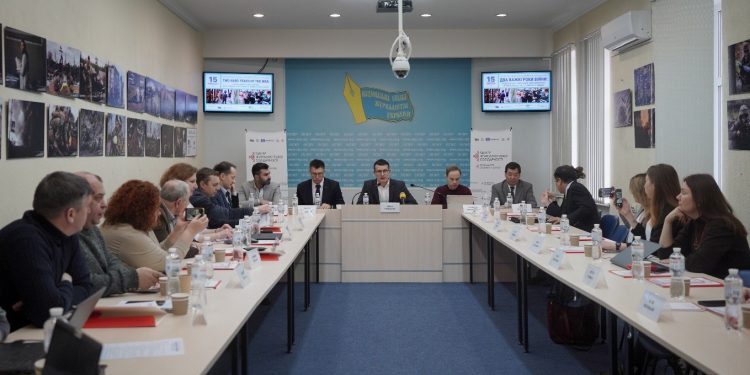

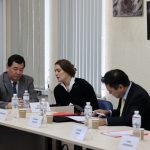
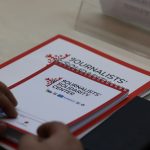
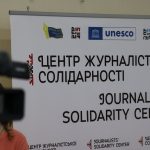

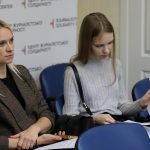
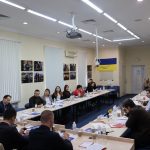
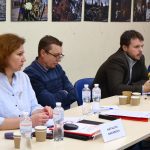
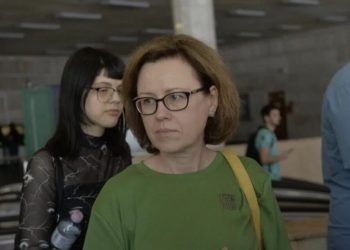
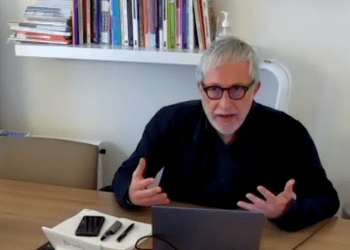
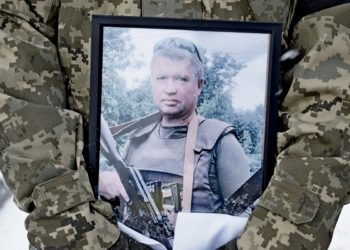













Discussion about this post